“We decided we should take the debt collector out of the equation.” -- Jerry Ashton and Craig Antico
When Paola Gonzalez received a phone call from RIP Medical Debt, she was certain what she heard was a mistake. A prank, maybe. The caller said a $950 hospital bill had been paid for in full: It would not affect her credit and she wouldn't have to worry about it again. "They wanted to pay a bill for me," she said. "I was just speechless."
The 24-year-old student from Roselle Park, New Jersey, has lupus, a chronic autoimmune disease that in 2011 put her in and out of hospitals for a year. Even with insurance she faces a barrage of medical bills that often get pushed aside. "I can't always work," Gonzalez said. "I'll be fine today and sick tomorrow. It's really amazing that people would help out like this.
Gonzalez is one of many people who have had a debt paid by RIP Medical Debt, a nonprofit founded by two former debt collectors, Jerry Ashton and Craig Antico, that buys debt on the open market and then abolishes it, no strings attached. In the year since RIP Medical Debt started, the group has abolished just under $400,000, according to Antico. On July 4, it launched a year-long campaign to raise $177,600 in donations, which it will use to abolish $17.6 million of other people's debt.
Millions of people are, in Ashton's words, "sitting at the kitchen table and you have to decide, 'Do I buy medication today or do I pay the water bill or do I pay the debt collector?'... We decided we should take the debt collector out of the equation."
It works like this: typical collection agencies will buy debts from private practices, hospitals, and other collection agencies that don't find it worthwhile to pursue the debt themselves. The buyers often get a steal, buying a debt for pennies on the dollar while charging the debtor the full amount, plus additional fees. According to a 2013 report from the Federal Trade Commission, from 2006-2009 the nine biggest debt collection companies purchased about $143 billion of consumer debt for less than $6.5 billion; 17 percent of it was medical.
Antico and Ashton are plugged into the same marketplace. They say that with the money they raise, they buy the debt for around one percent of the amount it's worth (when debtors settle directly with collection agencies, they pay an average of 60 percent of the loan.) Then, they forgive it.
.....
For people with chronic illness, like Gonzalez, or those who require extended care, the prospect of a growing pile of debts that cannot be paid is simply frightening. For many, it leads to neglect of care they need: an estimated 25 million adults will not take medicine as prescribed because they cannot afford it; others will avoid the doctor altogether.
This is why RIP Medical debt sees the outstanding bills not just as unpaid, but ultimately unpayable. When buying debts, Ashton and Antico seek out patients whose payments create an immense burden—patients who either earn twice below the national poverty level or whose payments would require five percent or more of their income. They work with the hospitals and medical practices when purchasing debt portfolios to identify debtors who need aid the most.
You can read the article in its entirety here.
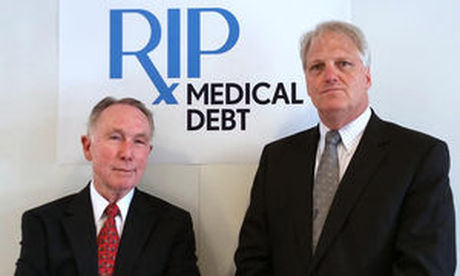
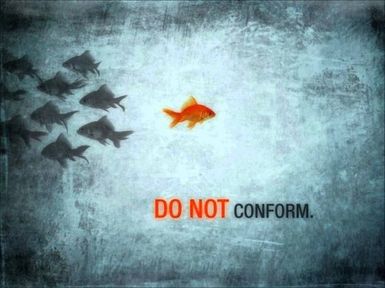
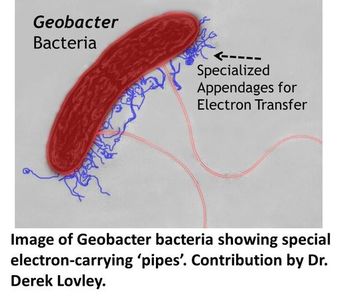



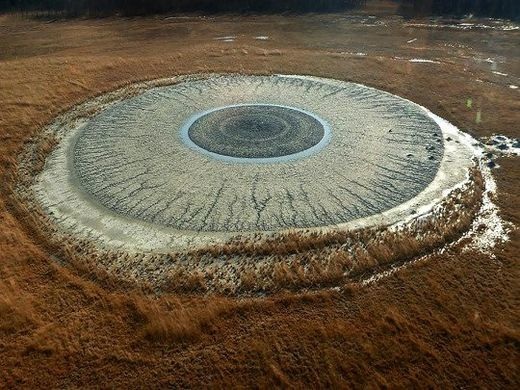






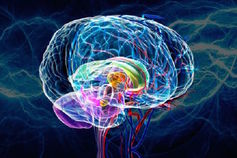
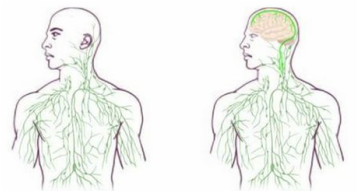


 RSS Feed
RSS Feed